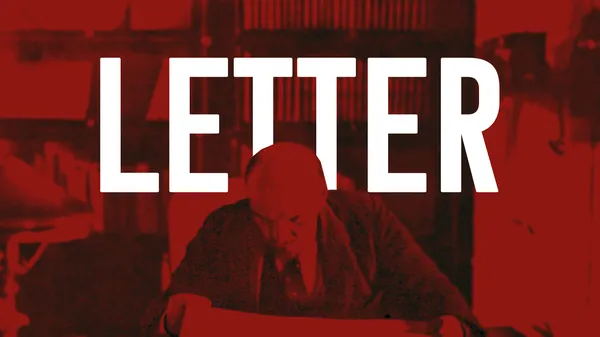This letter is a separate, constructive criticism of comrade Jean Allen’s article on management. In writing this, I am siding with the likes of comrades Amelia Davenport, Paul Cockshott, and Paul Adler, in defense of business management. I mentioned Paul Adler precisely for his business education background, something which he and I have in common.
First and foremost, comrade Jean Allen makes the grave mistake of confusing effectiveness and efficiency. This is an elementary error that nobody with a business education background makes. Being effective is about doing the right things. Being efficient is about doing things right.
The necessity of a certain degree of “authoritarianism” in the workplace, apart from German industrial relations concessions in areas such as workplace safety, is not about efficiency. Being efficient is the responsibility of all the “grunts” subordinate to the management team, the leading group responsible for planning, organizing, directing, and control those subordinate to it. Note that I have specifically used the business term “management team” instead of the singular “manager,” as the comrade is clearly not up to date on business management approaches.
The necessity of a certain degree of “authoritarianism” in the workplace has everything to do with effectiveness. Historian Christopher Read’s Lenin: A Revolutionary Life described the management incompetence of particular workplaces during the early Soviet government. To use his words, the workers supervision movement “usually meant the takeover of individual factories by their individual workforce. This then turned factories into support networks for their workers, not efficient production units.” In my words, these particularly parochial workers supplied their own demand and their own demand only. Talk about not doing all the right things, to say nothing about not doing things right! No wonder the Lenin of the Russian Civil War turned to one-man management!
There are other non-capitalist stakeholders besides management and non-management employees: suppliers, creditor institutions, government agencies for regulation and taxation, local and higher-level communities, and activist groups. A certain degree of “authoritarianism” in the workplace facilitates effective collaboration with external stakeholders, and especially stakeholder co-management, that self-management cannot do, time and again. By all means, I am quite open to Pat Devine’s rotational proposition concerning the managerial, creative, skilled, unskilled, and caring divisions of labour.
However, contrary to the Lenin of State and Revolution, a cook cannot become a prime minister without appropriate breadth and depth of competencies, to proudly use more professional language. Those who have rotated into management teams should, by their qualifications, have the final say during their managerial rotations.
Reading Read’s words led me away from models of systemic collective worker management based mostly or entirely on negotiated coordination. These range from the participatory economics of Michael Albert and Robin Hahnel to the guild socialism of Pat Devine. The only feasible models of systemic collective worker management have been advanced by Paul Cockshott and Allin Cottrell, on the one hand, and Paul Adler, on the other. One model doubles down on computerized directive planning and suggests the replacement of conventional enterprises by something akin to full-blown business projects managed in accordance with project management methodology; this tackles the notorious Soviet bureaucratic tussles between the enterprise manager, the economic ministry official, and the so-called “central” planning administrator – a larger-scale version of comrade Jean Allen’s reference to the silo effect within the workplace. The other model lies in between this model and the negotiated coordination models, recognizing explicitly the possibility of accommodating more local decision-making once the environmental and other global crises have been overcome.
In the immediate transition, negotiated coordination could still fill a meaningful niche of decision-making: traditional industrial policy, or indicative planning. Here, a lot of economic affairs, beyond mere fiscal budgets or monetary adjustments, tend to be determined. While computerized directive planning should apply at the microeconomic level, negotiated coordination could apply at the macroeconomic level.
– Jacob Richter
Liked it? Take a second to support Cosmonaut on Patreon! At Cosmonaut Magazine we strive to create a culture of open debate and discussion. Please write to us at submissions@cosmonautmag.com if you have any criticism or commentary you would like to have published in our letters section.
